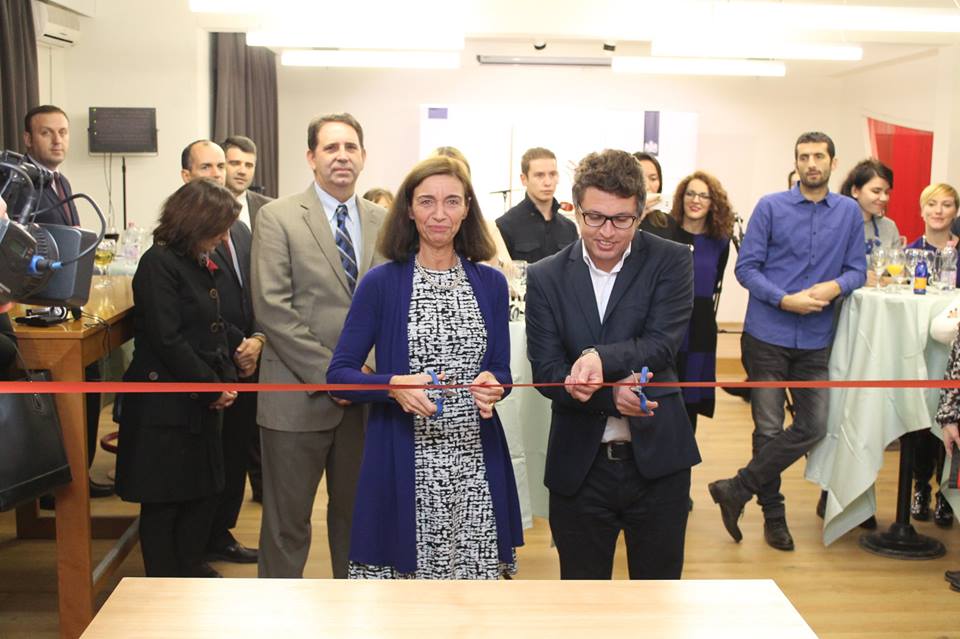Ambassador’s Gerrie Willems speech, during the opening of Anti-Corruption Education Center
Ladies and gentlemen,
Allow me, first of all, to thank the organizers for making this event possible, and to thank you for participating.
It is not a secret that Kosovo’s society is plagued by corruption. Despite years of national and international efforts, corruption has not decreased. In the most recent Corruption Perception Index of Transparency International, Kosovo scored 33 out of 100, with 0 being extremely corrupt. Since becoming an independent state in 2008, Kosovo has been facing many challenges, and corruption still remains the biggest challenge. We have to admit that corruption is an integral part of life in Kosovo. This, however, should never be a reason or excuse for inaction.
One of the biggest challenges for Kosovo as a country in transition is the low level of citizens’ trust in Kosovo institutions. This is mainly the result of high levels of corruption and limited progress in combatting corruption by the judicial institutions. Corruption, and lack of effective combatting of corruption, pose a threat to Kosovo’s development and its Euro-Atlantic integration. It needs to be combatted at all thinkable institutional levels in an effective way, because it is the one and only way to move forward.
When we look at the data, we are presented with a rather gloomy picture. The latest Public Opinion Survey conducted by FOL found that around 46.4% of citizens think that the level of corruption in Kosovo has increased in the last three years. Around 43.4% of the interviewed declared that the public institutions of Kosovo did not undertake any serious attempts to implement anticorruption measures. And finally, the survey showed that people perceive corruption to be highest in government and the judicial system. This is particularly worrisome considering that the government and the judiciary are of vital importance to Kosovo’s development.
